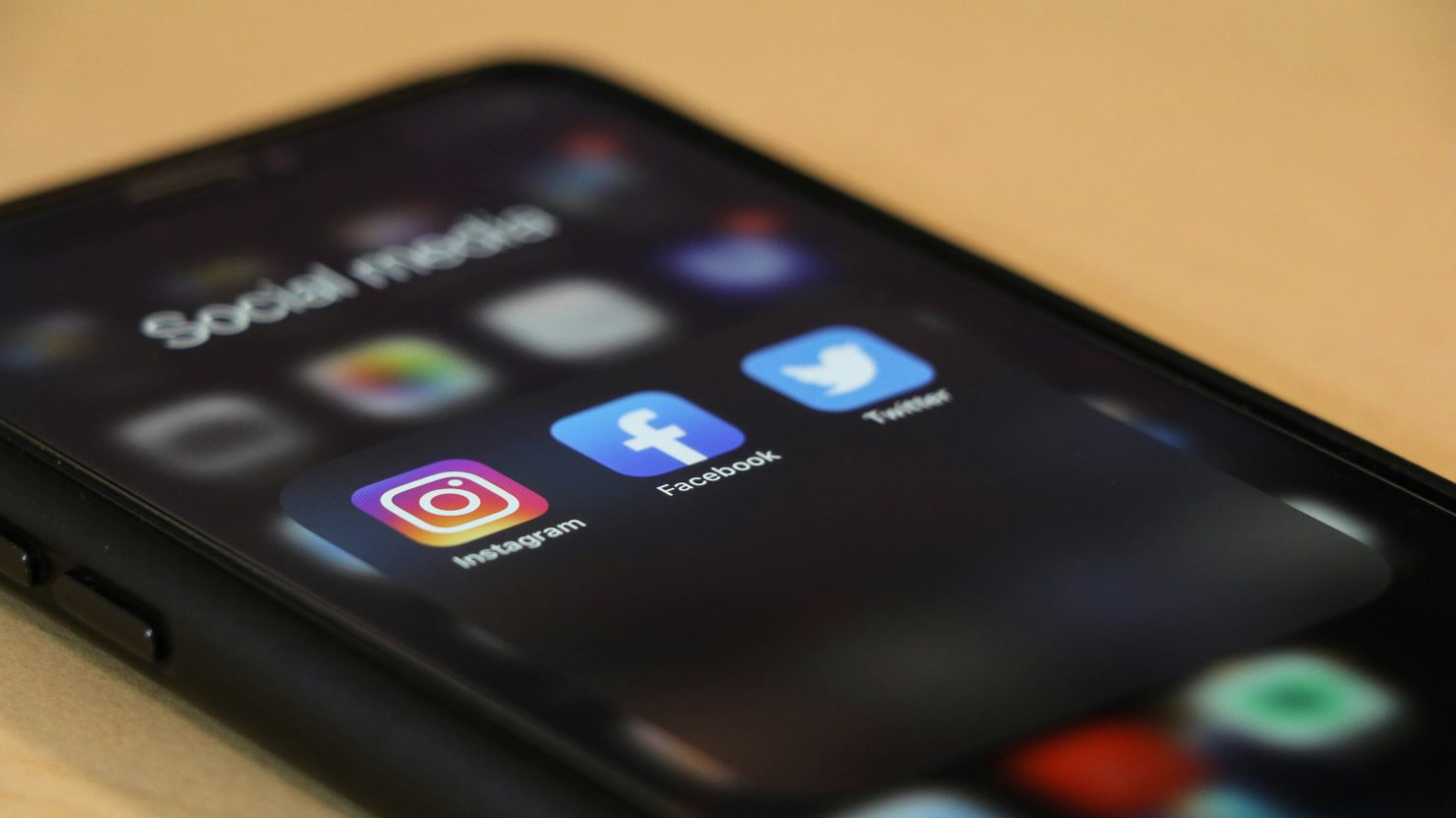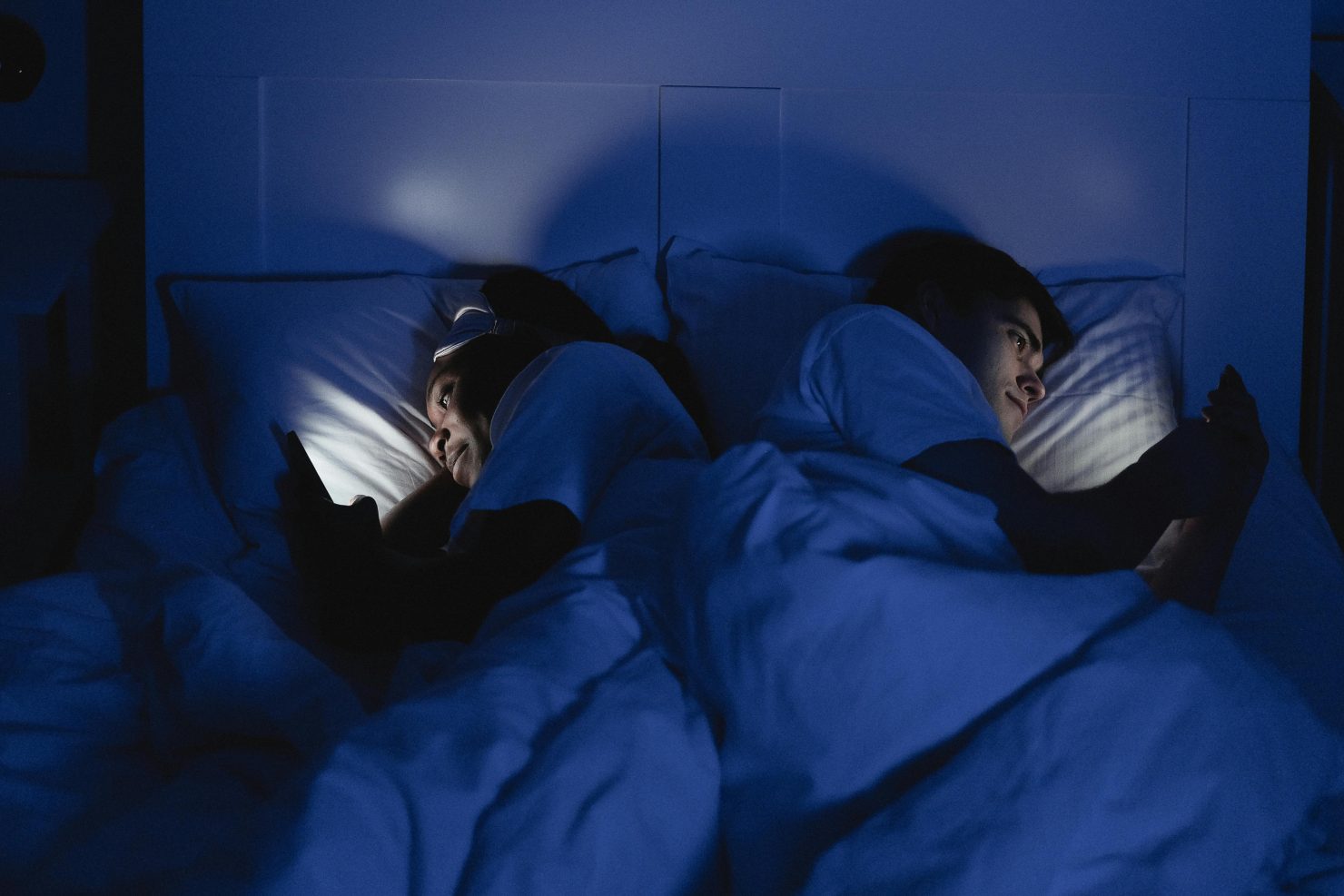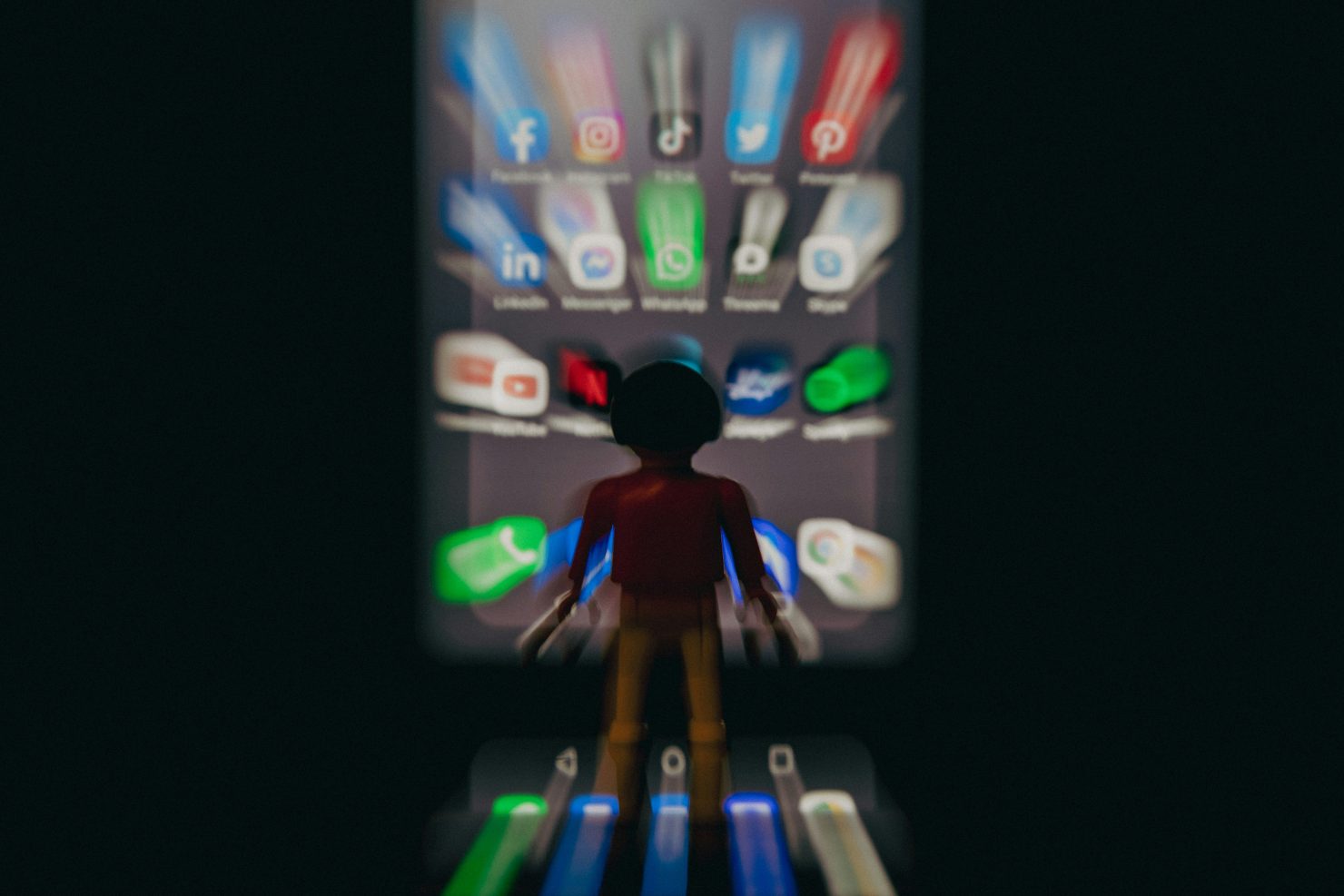
Having a Digital Detox is Essential for our Health – Here’s Why
Scrolling thumbs, incessant notifications and information overload. Sometimes, our phones can feel exhausting. In fact, phone fatigue is becoming increasingly common as we become progressively more dependent on them. Globally, people check their phones an average of 58 times daily. This is 58 separate opportunities to be exposed to new information, like messages, news or social media content. Studies are beginning to show that our brains simply cannot cope, and how having a detox may be the answer.
What is phone fatigue?
Smartphones that are currently developed and available on the market are highly sophisticated pieces of technology. The latest smartphones all support multitudes of applications with thousands of features, claiming to enhance user experience and provide a novel sense of ease to our lives. Additionally, social media apps function through the key integration of algorithms curated by artificial intelligence, supplying us with endless streams of appealing and addictive content.

Like all tools, the development of smartphones is not inherently ‘good or bad’. It’s how much and how we use the devices that determines how they can affect us. Phone fatigue is a novel term coined to encapsulate the feelings of exhaustion caused by excessive phone usage and exposure. This phenomenon can arise as feelings of anxiety, burnout, and general fatigue.
Too much screen time takes a hit on our mental health
The use of social media and phones has accelerated significantly in less than two decades following the founding of Facebook in 2004 and the dawn of the first iPhone in 2007. However, the psychological effects of its use is uncharted territory, and research is still in its infancy. Scientists are only now able to make tentative conclusions on the long-term impacts of smartphone and social media use. These conclusions are drawn through the ongoing analyses of surveys, longitudinal studies and systematic reviews of the current literature.
They found that smartphone addiction was significantly associated with sleep disruptions, leading to many downstream problems, amongst them neurological issues and musculoskeletal problems.
This is demonstrated in a study published in the Open Access journal Healthcare, where the authors carried out a systematic review of the adverse effects of smartphone usage in South Korean students.
The review comprised eight studies carried out between 2012 and 2022, where the collated data on the relationship between smartphone addiction and mental health was analysed. They found that smartphone addiction was significantly associated with sleep disruptions, leading to many downstream problems, amongst them neurological issues and musculoskeletal problems.
The importance of sleep
The importance of sleep is not to be underestimated. Many studies reinforce technology’s negative impact on getting a decent slumber. Good sleep is a vital component of maintaining good health and keeping well.
An editor’s choice review published in Brain Sciences explains how sleep is essential for emotional regulation. Insomnia and other sleep disturbances, particularly during adolescence, can lead to heightened emotional dysregulation and increase the risk of psychological and psychiatric disorders. This includes mood disorders such as anxiety and depression, which significantly impact quality of life and overall well-being.

Furthermore, a recent study, published in Behavioral Sciences, demonstrates the deleterious effects of scrolling through endless streams of social media content before bedtime. In the study, the authors asked 830 adults aged 18–30 to carry out a survey consisting of questions involving social media usage (duration, frequency and emotional investment of the content consumed). Unsurprisingly, they found that more frequent social media use with a greater emotional attachment was associated with increased sleep disturbance and insomnia severity.
Information overload can impact our health
Although daily newspapers are still read by many, they are largely overruled by digital forms of communication, particularly amongst younger generations. Many individuals opt to use social media as their main way of staying in the loop with current events, whether that be via mainstream news outlets or through independent creators. The issue that may arise here is that people are consuming information about ‘everything, all the time’, no matter the time.
Structured timings to consume specific types of information is important to instil mental clarity and avoid consuming content that can sometimes be extremely upsetting, especially at a time when one is not mentally prepared to do so, such as before sleep. Disturbing and stressful content can often include themes of war, death, climate change, natural disaster and political events, which trigger an influx of complex, intense and negative emotions.
Researchers urge the public to educate themselves on how best to navigate social media, how to consume content responsibly and how to exercise self-restraint to cut down on mindless screentime.
A recent review dedicated to analysing the effects of information overload discusses the strain on cognitive capacity and the concerning impacts it may have on a long-term basis. Not only does it significantly contribute to symptoms like anxiety, confusion and fatigue, but it can also have deep rooted and lasting consequences to an individual’s personal and professional life.
Managing phone addictions and putting an end to doom-scrolling is key to preventing these feelings and to staying healthy, both physically and mentally. Doom-scrolling is a new term used to describe compulsive scrolling and endless consumption of bad news or upsetting content. The compulsion usually triggers intense feelings of stress, fear and anxiety, but is often a tricky habit to break.
Why can’t we stop? The psychology behind phone addictions
Smartphones can now be used for nearly all essential and non-essential tasks. This includes things like ordering food, accessing train tickets, credit cards, calendars, etc., and thus, significantly more time is being spent on cellular devices. Alongside the dependency we have on our phones, the frequent exposure also increases chances of accessing highly addictive social media and gaming applications, even if it isn’t our intended purpose when initially unlocking our phones.

Our brains associate social media with positive feelings, thanks to the pop of dopamine released every time we see new content, good or bad. Therefore, we are more inclined to click on social media icons, which are often appealingly bold and colourful, to get a hit of that feel-good hormone. In short, social media is designed to be addictive by tapping into our most basic psychology.
Constantly consuming graphic or violent content can be detrimental to mental health, especially during times when one is not mentally prepared to do so. A constant influx of negative emotions, such as guilt, hopelessness, anger, sadness, and anxiety, can impact health.
Researchers urge the public to educate themselves on how best to navigate social media, how to consume content responsibly and how to exercise self-restraint to cut down on mindless screentime.
Research calls for a digital detox
A study published in Psychiatry International highlights the urgent need for phone addiction awareness. In the study, the researchers observed high addiction rates, disrupted sleep, and reduced productivity in a group of 150 participants. Interestingly, they found that women, students and unemployed people all demonstrated higher levels of disruption and a greater need for a digital detox.
Furthermore, a study published in Behavioral Sciences found that social media digital detoxes, which entailed limiting use of social media, demonstrated beneficial impacts on health and those struggling with phone addiction.
A detox to manage screentime
Reducing screentime, however, is much easier said than done. In a previous Blog piece, we discussed why smartphones are addictive and research on managing screentime, offering tips drawn from research on how best to do this.
Research shows that quitting social media cold turkey may not be the answer to the addiction, with results showing that people face more negative emotions during this time. Practical tips to help reduce the negative impacts of excessive phone use may, therefore, include:
1. Managing social media notifications and dedicating time to consuming content: Switching off notifications from news outlets and social media platforms could be a useful way to avoid consuming new information when you do not want to. Furthermore, dedicating windows of time throughout the day for ‘phone time’ could be another helpful way to manage screentime and reduce mindless scrolling throughout the day.
Research shows that mindfulness can lower stress levels, and reconnecting with our present self can ease feelings of anxiety.
2. Taking care of one’s mental health by being mindful: Constantly consuming graphic or violent content can be detrimental to mental health, especially during times when one is not mentally prepared to do so. A constant influx of negative emotions, such as guilt, hopelessness, anger, sadness, and anxiety, can impact health; therefore, it is vital to monitor how much is consumed and when. In this way, we can remain informed while reducing the risk of mental burnout.

3. Carrying out mindfulness activities such as yoga, journaling, or walking in nature could be an excellent way to decompress. This is especially relevant after seeing stressful news or consuming upsetting content. Research shows that mindfulness can lower stress levels, and reconnecting with our present self can ease feelings of anxiety.
Future research
Digital detox strategies have become increasingly more vital to help people weave healthy smartphone use throughout their daily lives. Studies show that young people respond positively to these strategies, instilling a sense of hope for the future ahead.
Furthermore, smartphone-use policies and bans for children are being considered across the globe, as research demonstrates just how distracting they can be and their significant impact on learning in schools.
However, the bans are still controversial, and more longitudinal research is needed to demonstrate the effectiveness of establishing these limitations. Additionally, more research is needed to see how different methods of smartphone detoxes can be beneficial for health and to combat what we are now seeing are the deleterious effects of phone addiction.
You can find more research like this published in MDPI’s Open Access journals such as Behavioral Sciences, Psychiatry International and Brain Sciences. Alternatively, you can access the full journal list here.










